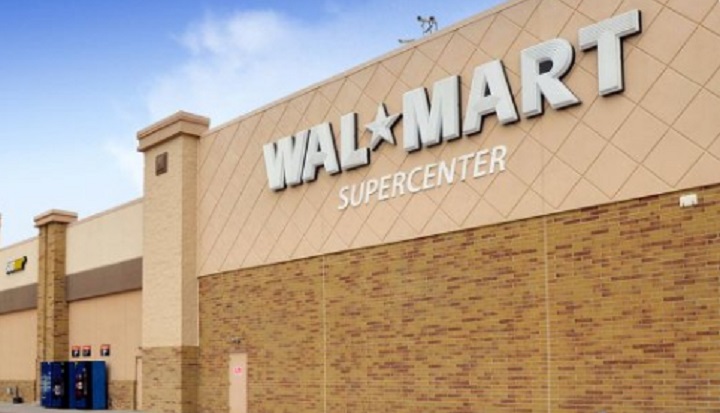In the midst of a crisis in the retail industry, several companies are cutting down product prices in order to compete with the low prices offered through e-commerce. Target (NYSE:$TGT) was one of these companies, and it looks like this business strategy paid off. On July 13, the discount retailer updated its second quarter reports estimates from 95 cents a share to $1.15 a share.
“Target’s recent progress reinforces our confidence and commitment to our strategy as we build and even better Target for tomorrow. Following better-than-expected results in the first quarter, we’ve seen additional, broad-based improvement in traffic and category sales trends in the second quarter, despite continued challenges in the competitive environment,” chairman and CEO of Target Brian Cornell stated.
Following the news, Target’s shares went up as high as $52.30 — a 3% rise — in early trading on Thursday, July 13. However, not everyone felt optimistic despite the good results. Stifel Nicolaus & Co. Inc. (NYSE:$SF) analyst Mark Astrachan is one such person.
Astrachan believes that because Target’s several products — things like apparel, hardlines, and household essentials — are all being increasingly bought through e-commerce, the retail company still remains very much at risk in the rapidly changing shift away from traditional brick-and-mortar stores. The risk grows when one considers the fact that for the products not that readily available through e-commerce, like grocery, Target experience lower sales compared with other retailers similar to it.
Astrachan also expressed skepticism at Target’s ability to establish these lowered prices in the long-term. This is true especially in grocery due to current price competition from Walmart (NYSE:$WMT), Amazon’s (NASDAQ:$AMZN) acquisition of Whole Foods (NASDAQ:$WFM) (which will likely lower prices down), and other discount retailers, Astrachan explained.
Despite many concerns, Astrachan also took note of Target’s success, saying that the company raising its estimates for the second quarter reports suggest that the retailer is experiencing early success due to Target’s investments — in price, labor, and digital — as well as attracting millennial shoppers.
Featured Image: Twitter










